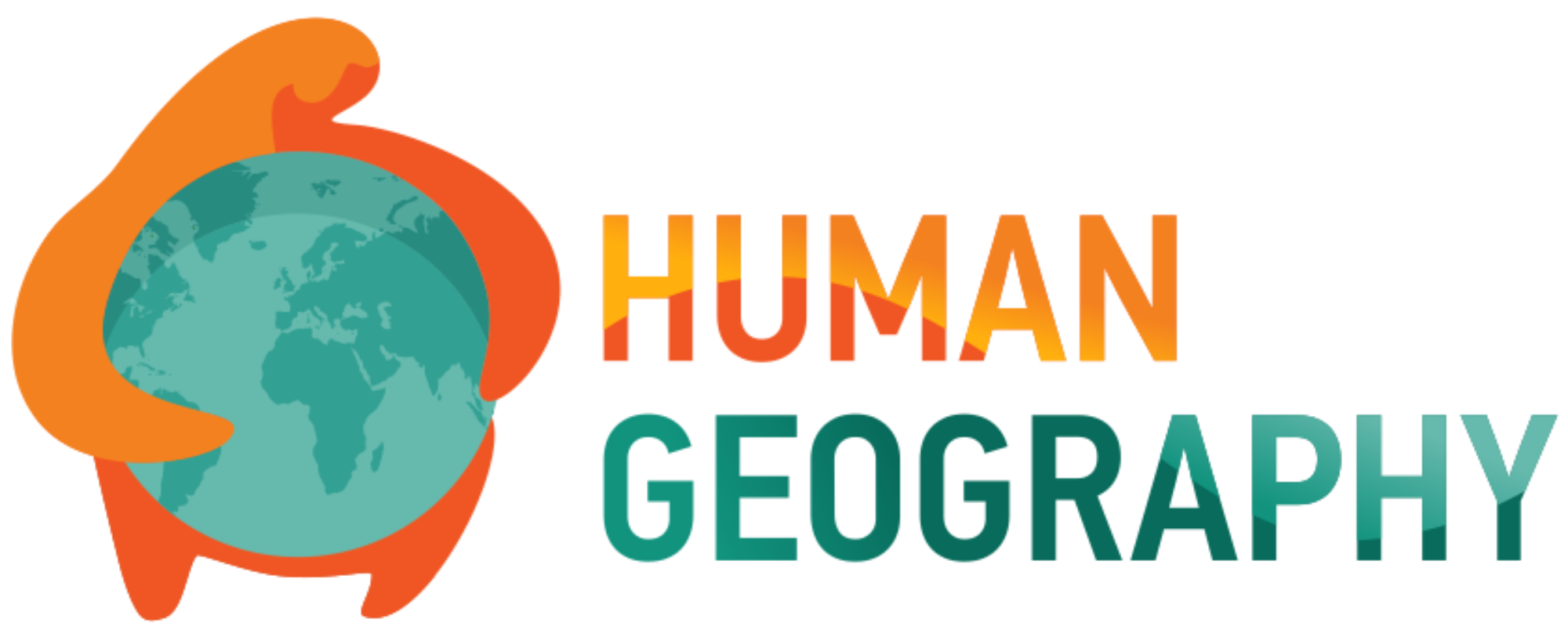
Dokumente
Download Poster
Poster AL.pdf
(3,2 MB) vom 02.03.2020
Download Programme
Programme Abject Lives.pdf
(1,9 MB) vom 03.03.2020
Download Abstract Book
Abstract Book.pdf
(2,5 MB) vom 02.03.2020
Abject Lives? Rethinking Sovereign Power in More-than-Human Worlds
xxxxx UPDATE: The Workshop is canceled, for details please check your e-mails xxxx
March 25-27, 2020
International Interdisciplinary Workshop at the Martin Luther University Halle-Wittenberg
hosted by Prof. Dr. Jonathan Everts & Larissa Fleischmann, Research Group in Human Geography
With public Keynotes by Jennifer Atchison (University of Wollongong) and Steve Hinchliffe (University of Exeter). Interested participants are very welcome to join!
For more information please contact: Larissa.fleischmann@geo.uni-halle.de
This workshop contributes to the emerging field of a more-than-human political geography. It looks at forms of life that are rendered abject (Kristeva 1982). With this term, we refer to living beings that rarely become subject to moral considerations or human sympathy. Abject lives (Fleischmann & Everts, forthcoming) regularly provoke repulsion, disgust, or simply indifference. These lives often also escape academic inquiry since they are rendered too insignificant to be taken into account. As Moran (2015) outlines, such beings receive considerably less attention from human geographers – who often focus on large mammals and species stimulating more sympathetic feelings. We propose that abject organisms are particularly worthwhile of investigation: they constitute sites where sovereign power finds its uttermost expression. This becomes visible in an extreme form when abject lives are rendered amenable to elimination and culling – as is the case, for instance, with industrial pigs or species classified as vermin. Drawing on Agamben’s (1998) notion of a biopolitical threshold, we suggest that these abject lives are confined in a zone of indistinction between life that is worth living and life that can be killed at any time.
We suggest that such a focus on abject lives affords the possibility to take into account how living beings become the locus of governmental intervention and control. Scrutinizing how life itself, both human or nonhuman, constitutes a site where sovereign power is enacted and (re)produced may thus stimulate discussions on the very limits of the concept itself. Our key aim is to examine how questions relating to the political unfold in space when animals, plants or other organisms become the focus of inquiry.
In order to start conversations along these lines, our workshop in Halle (Saale) gathers empirical and conceptual contributions investigating moments when more-than-human lives become entangled in webs of control and power. This includes but is not limited to instances when life is rendered abject, made amenable to elimination and killing, confined in a threshold of life and death. Furthermore, workshop participants explore how more-than-human beings resist attempts to be governed, remain unruly or become subject to human pity and affection. Our discussion revolves around the following questions:
- Governing: When and how do living beings become the objects of governance and control? How do these more-than-human power relations materialize in space?
- Abjection: How can a consideration of the spatial and political implications of abject lives contribute to ongoing discussions in the field of more-than-human geographies?
- Eliminating: How are living beings rendered amenable to elimination and culling? What can a consideration of elimination beyond the human contribute to ongoing discussions in the field of political geography?
- Contesting: When and how do more-than-human lives exceed their attempts to be governed and make themselves visible as unruly beings?
References
Agamben, G. (1998). Homo Sacer: Sovereign Power and Bare Life. Stanford: Stanford University Press.
Kristeva, J. (1982). Powers of Horror: An Essay on Abjection. New York: Columbia University Press.
Moran, D. (2015). Budgie Smuggling or Doing Bird? Human-Animal Interactions in Carceral Space: Prison(Er) Animals as Abject and Subject. Social & Cultural Geography, 16(6), 634-653.



